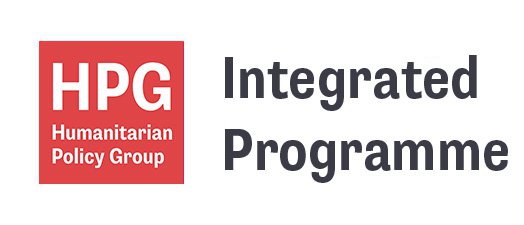Markets in crises and transitions
Humanitarian stakeholders have demonstrated a rapidly growing interest in markets. While they have often focused on the instrumental nature of markets in supporting aid provision, there are many other issues involved, particular in contexts affected by sudden onset, recurrent and chronic crises. Terms and conditions of trade will change in crises for many reasons, and this will influence what people affected by crises can buy and sell. Markets may also be affected by humanitarian assistance and the presence of international humanitarian agencies, which are themselves key market actors in particular situations.
There is an evident need to more fully grasp the dynamics of markets in crises. Since market outcomes are a significant determinant of livelihoods and economic conditions, this need extends from the humanitarian community into the realm of long-term development.
This project is exploring a wide range of questions related to the intersection of markets, crises and humanitarian action: How do markets and businesses adapt during crises, and what determines their ability to function through crises? What influences the extent to which people derive resilience, or become vulnerable, as a result of market activity during crises? How does humanitarian aid affect markets in crises, and what impact does this have on different households?
Through field research in Pakistan, Mali and perhaps elsewhere, the research team will address the questions above. In addition to field-based data collection, the project also involves a significant emphasis on convening – bringing relevant stakeholders together to exchange information, good practices and lessons learnt regarding their approaches to market analysis and market-linked programming.
Staff
-
Irina Mosel
Research Associate
-
Simon Levine
Senior Research Fellow
